Many companies are migrating existing or building new systems on the Microsoft Azure Cloud Platform. There’s a lot of buzz lately around the Cloud overall, but it can be a little unclear at first glance what the benefits are. Microsoft Azure includes many different Infrastructure and Platform features that simply mirror those on-premises, as well as features that extend far beyond. Let’s explore some of the primary features of Microsoft Azure, along with reasons why they may be the right choice to use, so we can answer some of the common questions. While Microsoft Azure may be an obvious technical choice, it’s extremely important to answer these questions when conveying the benefits of Microsoft Azure to business decision makers.
Security
An extremely large concern surrounding the adoption of Microsoft Azure is security. It’s very easy to explain the overall security of an on-premises data center since all concerned parties can physically see it. However, Microsoft Azure is provided as a set of services offered over the Internet. This can give certain people a feeling of unease towards using it. After all, there are news articles every week about some company or service getting hacked over the Internet. How can Microsoft Azure be trusted? How secure is it?
It makes logical sense that since Azure is a key component to the future long term success of Microsoft that Microsoft will keep it secure. After all, it’s definitely in their best interest, as well as that of their shareholders. However, as logical as this argument sounds, it provides little proof to assure that Microsoft Azure is truly a secure platform.
In addition to software and network level security measures, the Microsoft Azure data centers implement standard security measures, such as biometrics, perimeter fences, security guards, security cameras, and more. In fact access to the physical data center is restricted to only authorized personal that need to make an appointment ahead of time and justify the reason for their access. Everything is strictly monitored. Additionally, Microsoft publishes a list of all the industry standard compliance standards the Microsoft Azure data center hold to provide assurance and proof of the overall security of the Microsoft Azure Cloud Platform.
Here’s a short list of only some of the compliance standards Microsoft Azure meets:
- ISO 27001 and ISO 27018
- Cloud Security Mark (CS Mark)
- HIPAA
- FedRAMP
- SOC 1, SOC 2 and SOC 3
- DISA Level 2
- FISC
- FDA 21 CFR Part 11
- DIACAP
- CSA CCM
- CJIS
There are many other compliance standards met by Microsoft Azure, some include country specific standards as well.
On-Demand Servers
In a traditional data centers the company needs to purchase server hardware upfront that they may later use. In order to scale up, the servers need to be purchased ahead of time. This can result in wasted money and operating costs to keep overall server capacity at a point where systems can easily scale to meet increases in load, or the rollout of new systems.
With using a Cloud service like Microsoft Azure, all servers are provisioned On-Demand. Companies only pay for the services they are using. This provides the ability to both scale up and down with agility to meet the exact needs of the organization. This eliminates any wasted cost on servers and other infrastructure not being used.
Being able to dynamically provision service resources on-demand provides a tremendous cost savings over traditional on-premises data centers. It also provides a level of agility that is unprecedented in the on-premises world. When a new server is needed, just click a button to provision it in minutes, rather than the weeks or even months it can take to purchase, install and configure servers and infrastructure within an on-premises data center. Also, when servers are no longer needed, just de-provision them and stop paying for them immediately. Microsoft Azure eliminates the waste of idle servers taking up space and costing money.
Hybrid Cloud
Integrating Microsoft Azure is not an all or nothing endeavor. An existing on-premises data center can continue to be used along side Microsoft Azure cloud resources. The resources in the cloud can even be integrated with on-premises resources by connecting the two using a VPN or ExpressRoute. ExpressRoute is a method of directly connecting an on-premises data center to a Microsoft Azure data center, similar to VPN, but with a direct connection that does not go over the Internet.
By integrating on-premises and Azure resources, a Hybrid environment can be built that utilizes all on-premises resources. This allows companies to roll out their transition to Microsoft Azure on a completely custom schedule without any hard cut offs, deadlines, or restrictions imposed by Microsoft.
Companies can migrate to, integrate with, and roll out Microsoft Azure cloud resources on their own schedule, on their own terms. There really is no limit to the flexibility of implementing a hybrid cloud with Microsoft Azure.
Even though integration of consuming Azure services from on-premises applications, or bridging networks using VPN / ExpressRoute, Microsoft is committed to making the Hybrid Cloud experience as seamless as possible with Microsoft Azure Stack. Azure Stack allows for an on-premises data center to host a private instance of Microsoft Azure. This provides a seamless deployment process that enables Virtual Machines, Web Apps, and other Azure resources to be easily migrated from on-premises to Azure, or back the other way, without requiring any changes to the applications themselves. Microsoft Azure Stack is further blending the Hybrid Cloud experience with tight integration that makes Microsoft Azure the most flexible Cloud Platform available.
Internet Scale Hosting
However “good” an on-premises data center is, it just can’t complete with the level of service that can be achieved by the worldwide network of Microsoft data centers that comprise the Microsoft Azure Cloud Platform. Microsoft Azure data centers are located in 22 regions around the globe with most regions having at least 2 data centers separated by at minimum 400 miles (or 643 kilometers.)
Internet scale hosting is about much more than fire suppression, backup power and reliable Internet connectivity. The Microsoft Cloud offers automatic backup and fail over to protect against failures. Data and backup systems can be geographically spread out so, even if a hurricane destroyed an entire data center, everything would remain safe while providing easy failover options to keep systems up and running. While this is really an extreme case that is unlikely to happen, the network of Microsoft Azure data centers is built to accommodate the prevention of these severe disaster scenarios.
Along with backup and failover, the huge amount of server and infrastructure resources available within Microsoft Azure data centers provide for levels of service scalability that are unmatched by the vast majority of on-premises data centers. To prove how scalable systems can be, it’s useful to look at some of the other service offerings that are hosted on the Microsoft Azure platform. These services include: Office 365, SharePoint Online and Xbox Live.
Companies Trust Microsoft Azure
There has been extreme growth in the adoption of Microsoft Azure in recent years, and it’s expected to keep increasing over the next couple of years. Microsoft Azure offers enterprise grade services that include 99.95% SLA on many services, 24/7 tech support, as well as round-the-clock health monitoring.
As result of all that Microsoft Azure has to offer, more than 57 percent of Fortune 500 companies already rely on Microsoft Azure every day. Some of the companies relying on Microsoft Azure include GE Healthcare, Trek, 3M, Dyson, NBC Sports, Heineken, Dyson, Towers Watson, Rockwell Automation, and many more.
Open Source, Linux and More
Windows is the flagship operating system from Microsoft, however the Microsoft Azure cloud platform is truly platform agnostic. Microsoft Azure fully supports hosting Linux virtual machines. In fact, 25% of Virtual Machines running on Microsoft Azure are running a distribution of Linux.
Microsoft Azure is an open platform. In addition to Linux support, many of the development tools for Microsoft Azure have been released as Open Source. Additionally, many open source software systems are supported. Microsoft Azure supports an extremely broad selection of programming languages and tools, such as: .NET Framework, Node.js, PHP, Python, Ruby, Java, and more.
Microsoft Azure is an extremely flexible platform that can host any service an on-premises data center can host. There really is no limit to what systems can be built or integrated with Microsoft Azure.
If you can build it, Microsoft Azure can host it!




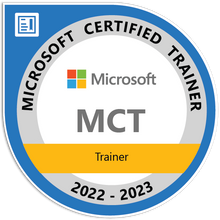


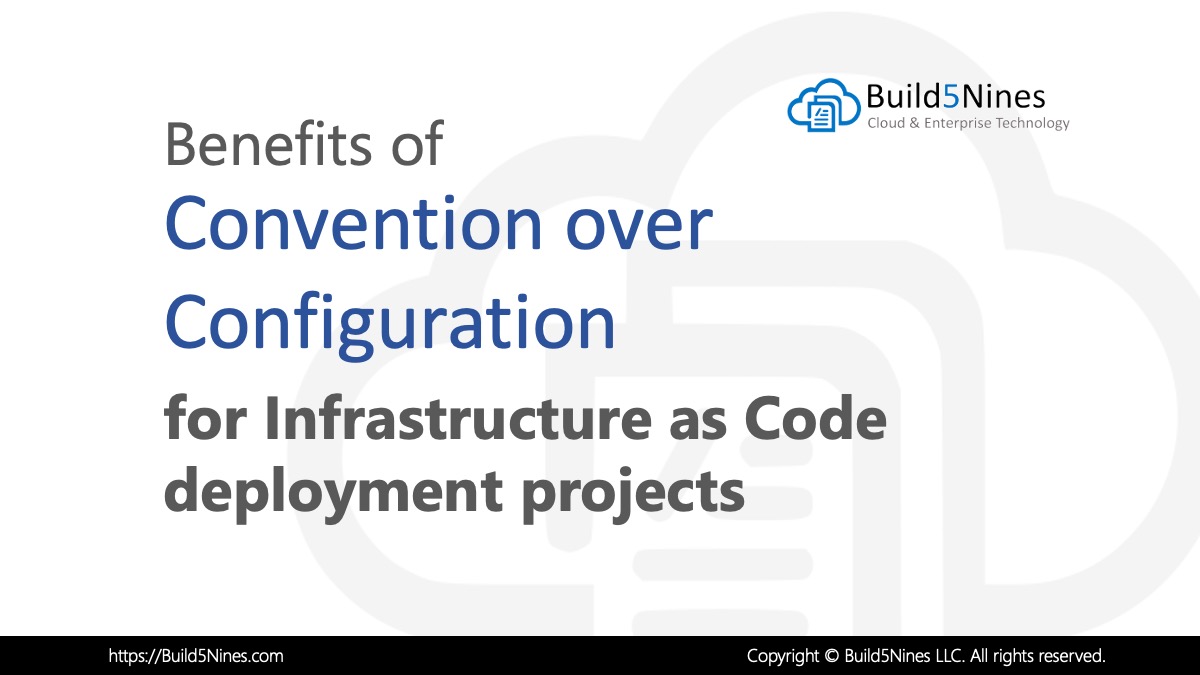 Benefits of Convention over Configuration for IaC Deployment Projects
Benefits of Convention over Configuration for IaC Deployment Projects
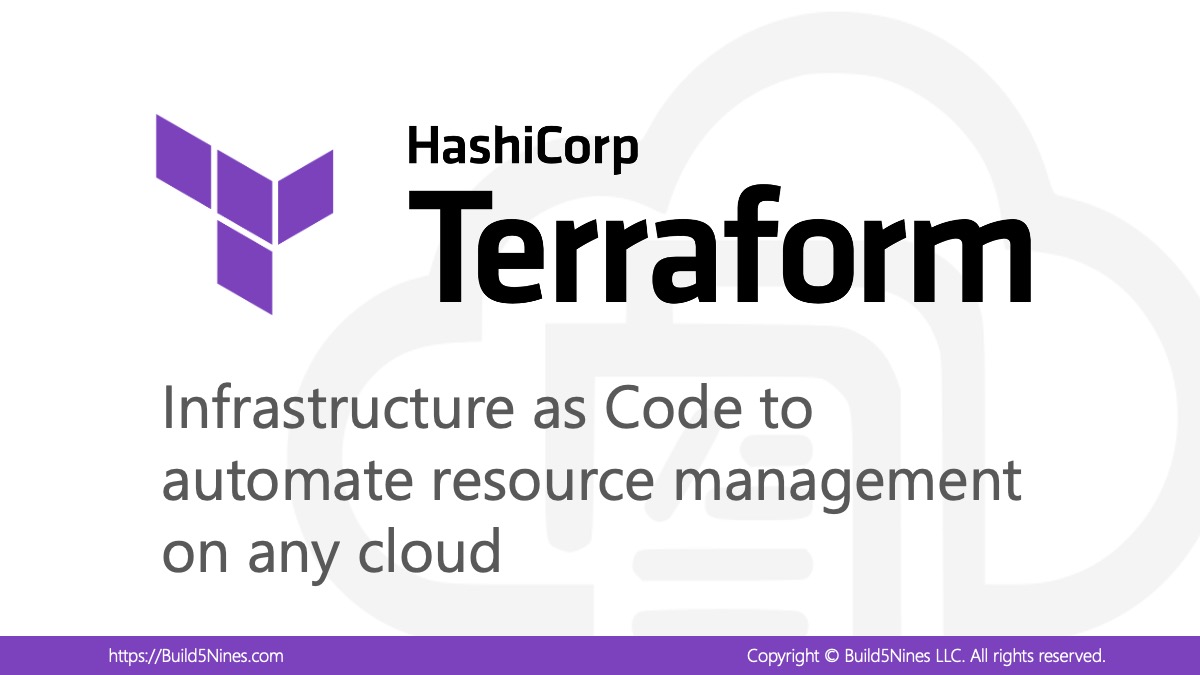 How to Perform Simple String Concatenation in Terraform
How to Perform Simple String Concatenation in Terraform
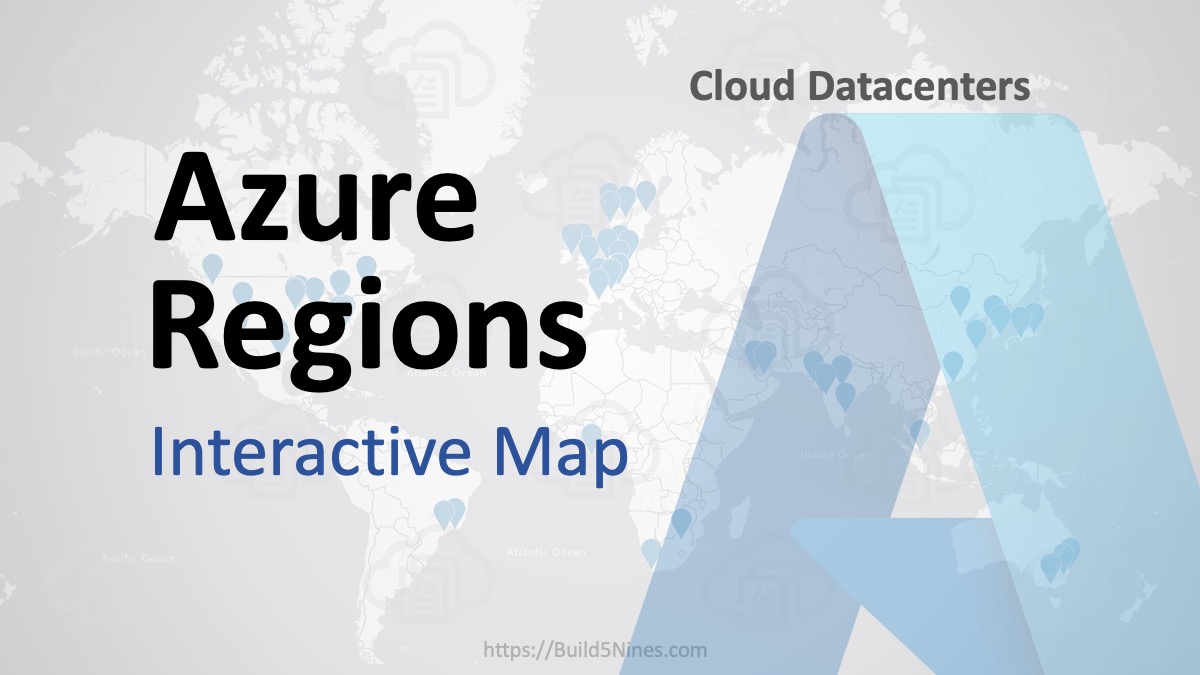 Azure Regions: Interactive Map of Global Datacenters
Azure Regions: Interactive Map of Global Datacenters
 Azure Functions: Extend Execution Timeout Past 5 Minutes
Azure Functions: Extend Execution Timeout Past 5 Minutes
 Terraform: Deploy to Multiple Azure Subscriptions in Single Project
Terraform: Deploy to Multiple Azure Subscriptions in Single Project
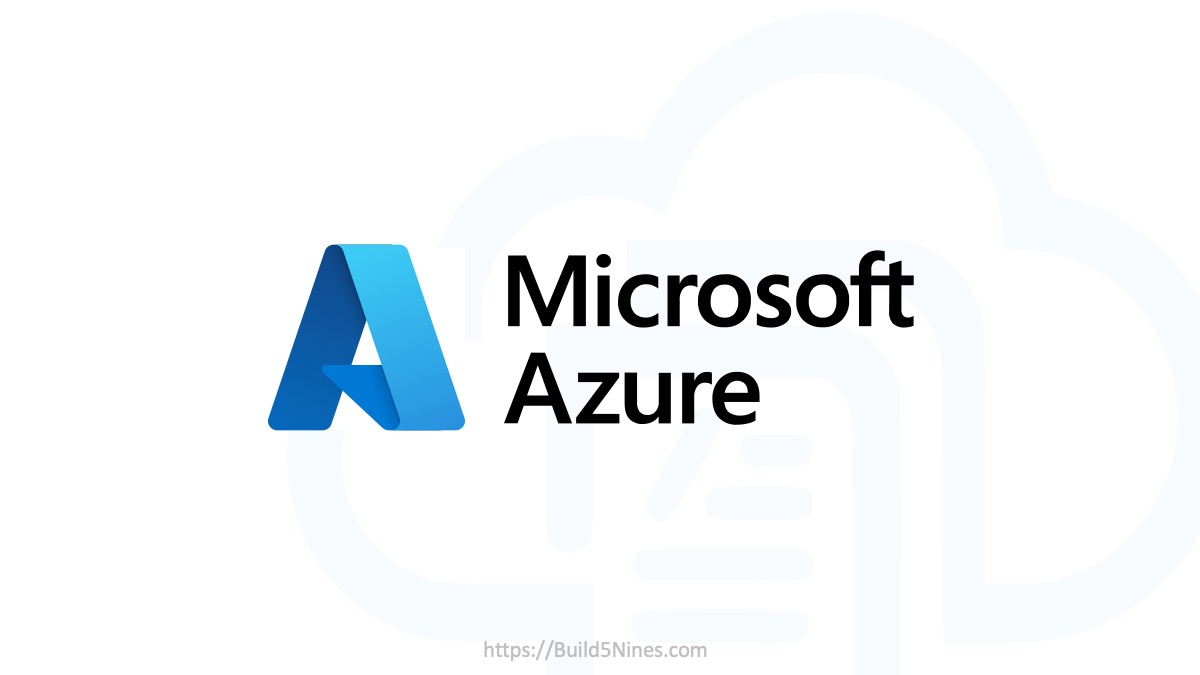 Azure CDN POP Locations: Interactive Map of Azure CDN Points of Presence
Azure CDN POP Locations: Interactive Map of Azure CDN Points of Presence

the open source support and security in Microsoft azure is good. The hybrid environment gives a lot of benefits and lets big and mid companies use cloud without entirely moving from their existing platform